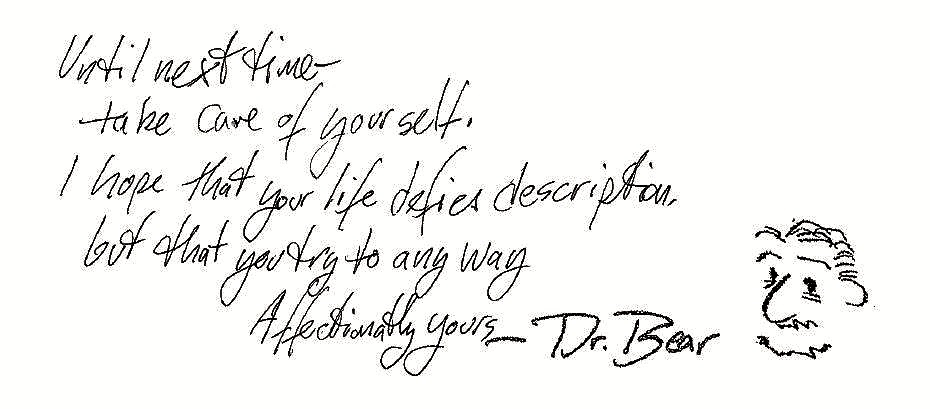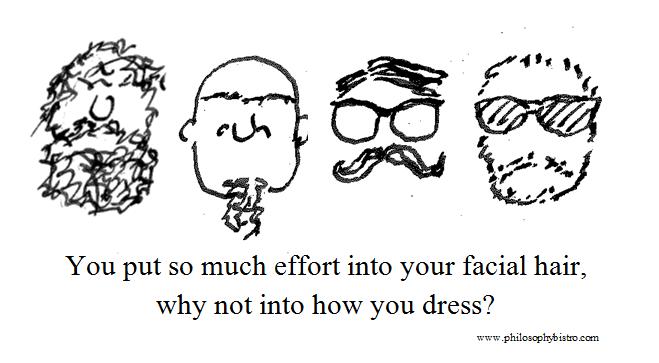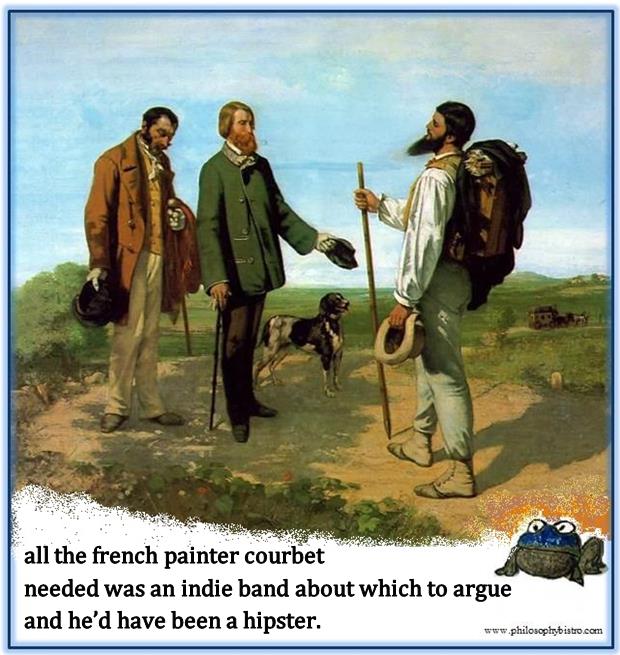Occasionally, I read something about the Millennials.
This is a term used to describe people who have grown up on one side or the other of the year 2000. Generally, they are categorized as being very technological, or as  spending time on facebook (really? still?) or instagram (more likely) or other networks. Pew Research described them as “detached from institutions and networked with friends.” They are more tribal or more global, more self-centered or more public works minded (how they are both mystifies me). They can be narcissistic and feel entitled, they never grow up, they volunteer and are community conscious. They aren’t as polite or respectful as they ought to be. They live with their parents, and on and on and on.
spending time on facebook (really? still?) or instagram (more likely) or other networks. Pew Research described them as “detached from institutions and networked with friends.” They are more tribal or more global, more self-centered or more public works minded (how they are both mystifies me). They can be narcissistic and feel entitled, they never grow up, they volunteer and are community conscious. They aren’t as polite or respectful as they ought to be. They live with their parents, and on and on and on.
My main observation is that they are younger.
They are mostly in their 20s and 30s.
They have the qualities most people that age do: a desire for authenticity (although not as good a BS detector as they think they do), an ambivalence towards the previous generation’s interests and institution, an absorption–not exactly self-absorption, but an focus upon their own priorities, and a lack of interest in ours.
They are different than previous generations.
They tend to move more freely with and within technology, but it is more of a tool–like a pen or a telescope–than an object in itself.
They are sometimes more inked, pierced of plugged, and have their own music. But even the things I have just described aren’t universal or defining: Some are technological, but some are luddite fixies while some are never disconnected, and most are somewhere in between. Some are urban, or even live in the artificial worlds of steam-punks and furries, but some are growing beards and returning to farming. They have their own music, but for some it might be country, some Rap, some traditional Jazz, some Old Time with strings and banjos, so they do not share this music as a group. Each little part of Millennial reality has its own furniture.
Most of all, they are human beings, just like any young adults have been and will be.
Studying ancient texts, one of the great constants is complaining about younger generations. It comes up at Socrates trial: the problem that youths don’t trust the  traditional institutions; they are drawn to new ideas and are narcissistic and would rather hang out with their friends than work hard. Narcissistic, pleasure seeking, disrespectful of traditional authority and unwilling to become involved with it–that describes the Baby-Boomers, Generation-X, the Jazz Age, almost any Generation. (Well, it really does describe my generation pretty well, the disrespectful Me-Generation of Reaganite Neo-Cons, Wall Street “Greed is Good,” Bonfire of the Vanities, giving up on “Causes” and instead looking for designer jeans and drugs–or just looking for the comfort of the suburbs.)
traditional institutions; they are drawn to new ideas and are narcissistic and would rather hang out with their friends than work hard. Narcissistic, pleasure seeking, disrespectful of traditional authority and unwilling to become involved with it–that describes the Baby-Boomers, Generation-X, the Jazz Age, almost any Generation. (Well, it really does describe my generation pretty well, the disrespectful Me-Generation of Reaganite Neo-Cons, Wall Street “Greed is Good,” Bonfire of the Vanities, giving up on “Causes” and instead looking for designer jeans and drugs–or just looking for the comfort of the suburbs.)
Yes, this young generation has its own qualities, but each individual in it has their own qualities, their own aspirations, their own needs, their own quirks.
The Doctor dislikes categories.
I really dislike them when applied to human beings.
I especially dislike categories when those human beings have little choice in their categorization.
Labels and categories are a lot of things. Some of them are conceptually handy, but most of them bad. However, one of the main things a label or a category can do is define a fellow human being as “other.” This is the alienation of categories.  To understand someone as other–the second sex, the minority, those GLBT who won’t hide–is to create a distance between “them” and “us.” This distance is a way of not trying to see how connected we are, or even how alike we are; “us” are in this Venn Circle and “they” are way, way, way over there in their own fence. It allows “us” to distance ourselves from “them,” and to deal with them as if they were an aberration. It gives us an excuse not to care about “them,” and not to be too curious about “them,” because we couldn’t even understand them if “we” tried.
To understand someone as other–the second sex, the minority, those GLBT who won’t hide–is to create a distance between “them” and “us.” This distance is a way of not trying to see how connected we are, or even how alike we are; “us” are in this Venn Circle and “they” are way, way, way over there in their own fence. It allows “us” to distance ourselves from “them,” and to deal with them as if they were an aberration. It gives us an excuse not to care about “them,” and not to be too curious about “them,” because we couldn’t even understand them if “we” tried.
We can ignore the fact that each generation is made up of our brothers and sisters, our friends, our co-workers, our students, our children.
The danger to those living with the category is that humans internalize categories, and will come to see themselves in terms of that label–will become colonized by it. This is the tyranny of categories. Being saddled with a category leaves people between 20 and 35 with few choices: either these individuals conform to the Millennial image and internalize it, or they become odd and few exceptions to the rule–weirdoes–no matter how many of them there are.
Good thing they don’t trust authority or institutions.






